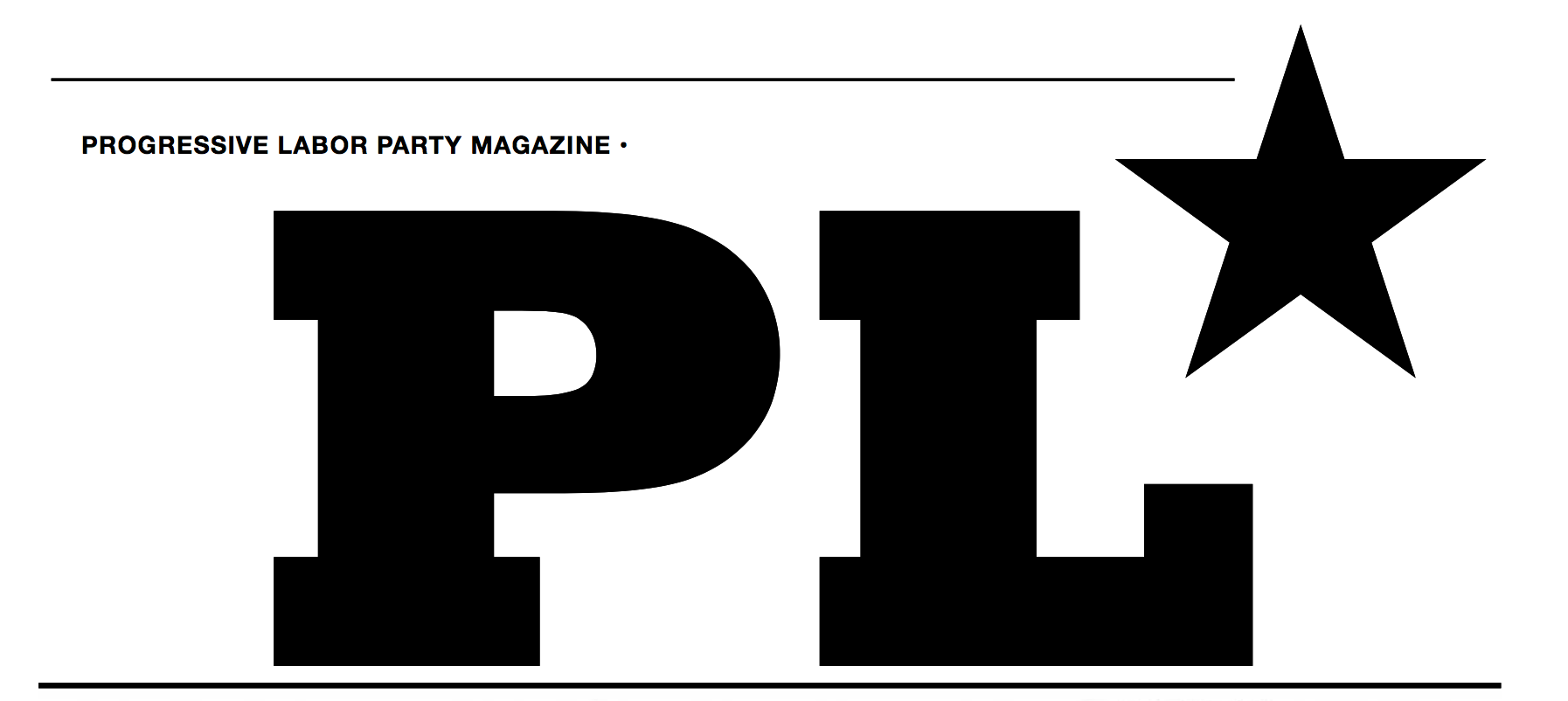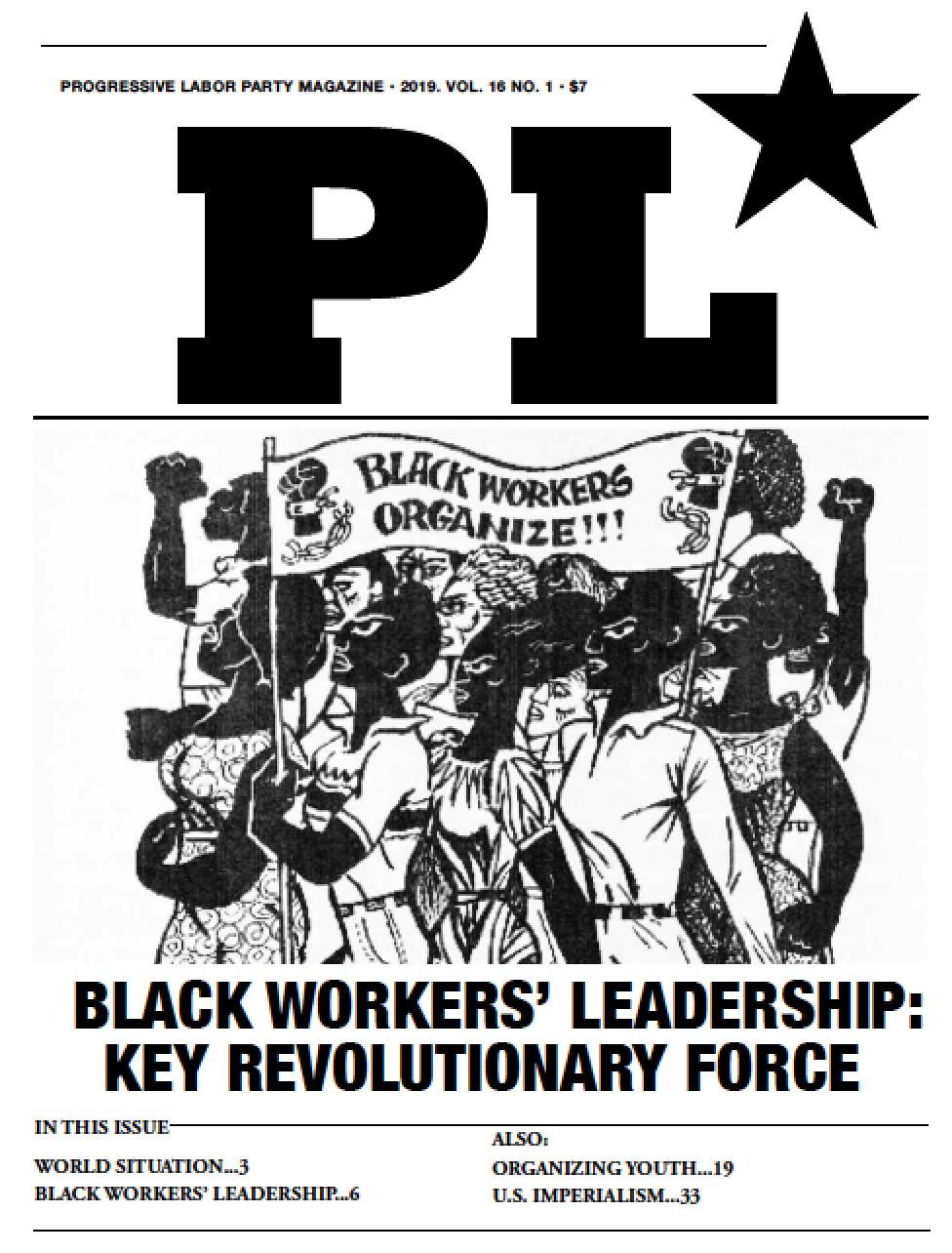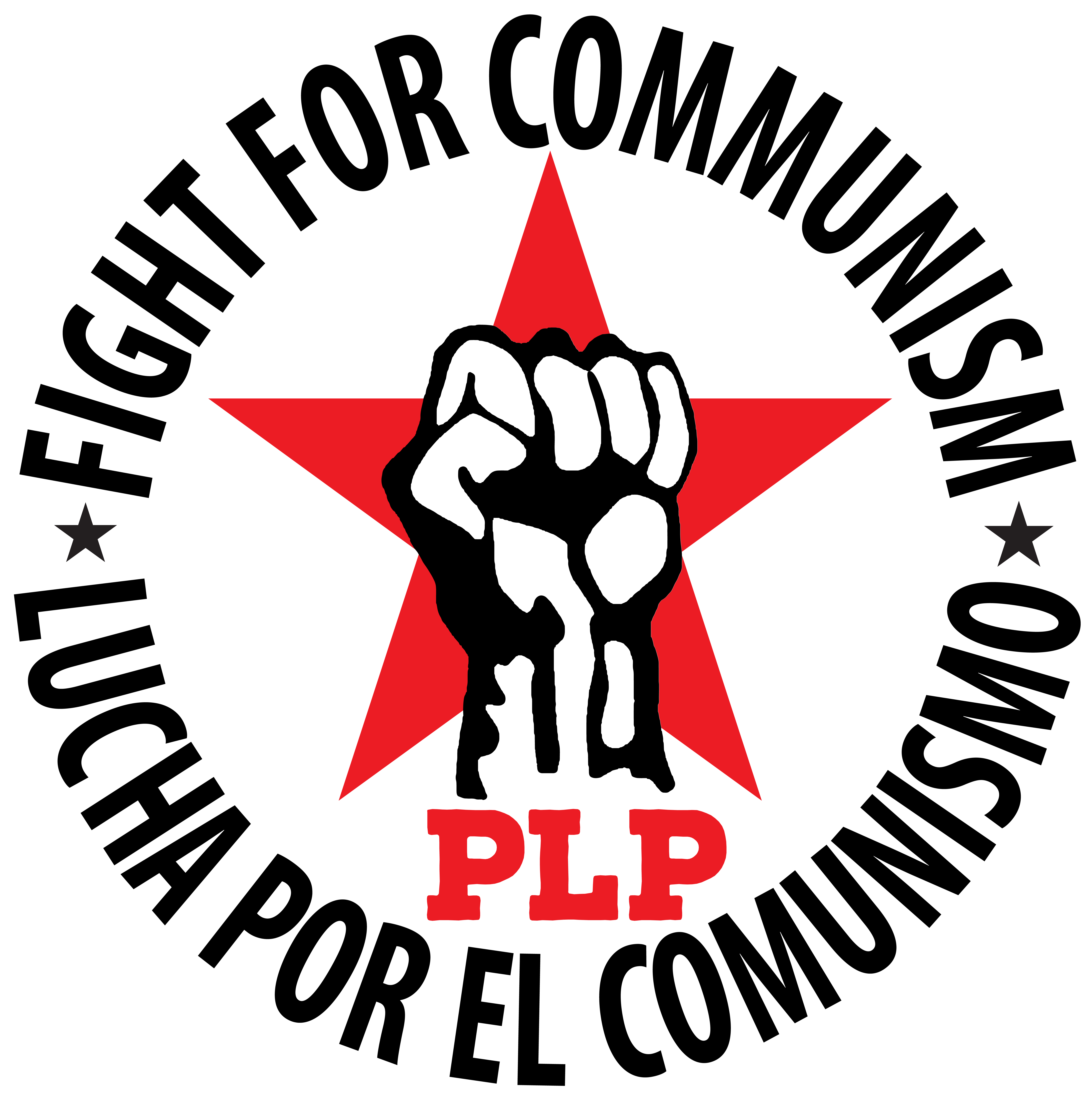Paris Commune: World’s First Workers’ Dictatorship
 Friday, April 7, 2017 at 1:13PM
Friday, April 7, 2017 at 1:13PM As May Day, the international workers’ holiday, nears, a look at the world’s first success at workers’ power:
One hundred forty-six years ago, in 1871, armed workers ran the French bosses out of Paris and established the Paris Commune. France was a world superpower. Germany had a growing industrial base and its own super-power ambitions. "We, the members of the International Working Men's Association, know of no frontiers," declared the communists. But competition between French and German capitalists led to war in 1870. The French army was soon routed.
The Parisian masses, though sympathetic to communism, were still swayed by nationalism. They demanded arms to defend the city from the besieging German army. The bourgeois government organized most adult males into its National Guard. However, these Guard units, made up of the working class, organized their own leadership committees in each district and a workers' Central Committee to unite them.
On March 17, 1871, the government gave in to the German army and fled to suburban Versailles. When troops returned the next day to fetch arms they had left behind, angry workers confronted them. The troops refused orders to shoot into the crowd. They handed their weapons to the workers.
The Central Committee of the National Guard took over City Hall and ran up the Red Flag of workers' revolution. For the first time in the history of class society, the working class had taken power.
Building Equality
The Central Committee called for new elections. "The men who will serve you best are those whom you choose from amongst yourselves," it urged the workers. Red flags were everywhere.
The Commune kept the bourgeois form of elections, but the victorious workers did not simply take over the bourgeois state machine. They smashed it and began to build something brand new: the Dictatorship of the Proletariat.
The masses were the real masters of the Commune. Twenty thousand activists attended small club meetings daily to offer criticisms and make suggestions. Elected officials considered all proposals and usually acted on them. Officials who disregarded the masses were subject to immediate recall.
The workers' government disbanded the bourgeois Guard units. It suspended all decrees of the old government. Workers pulled down the Victory Column, symbol of French imperialism. They elected a HungarianGerman communist to their governing body, declaring that the Commune represented workers everywhere.
The workers' government wiped out state support of religion and took over church property. It capped officials' salaries so that none made more than a worker's wage. It took away bosses' rights to fine workers. It took over workshops that had been closed because of the economic depression and turned them over to workers' cooperatives.
This working-class dictatorship was the necessary prerequisite to abolishing the wage-slavery of capitalism. The Commune held power for ten short weeks. It proved for all time that the working class can, must, and will rule society.
Why Did The Workers Lose in 1871?
The French bourgeoisie used tax money taken from the workers' sweat to pay off the German government to release French prisoners of war. In May, after a bloody civil war in the streets, these soldiers re-took Paris for the bosses. The communist movement was quick to draw some of the lessons of this heroic and historic struggle. Others we only recognized a century later.
Workers need to smash the bosses' state. But the Commune did not go far enough. It was lenient with counter-revolutionaries and renegades. It allowed the French bourgeoisie to regroup, instead of organizing a Red Army to hunt it down. The bourgeoisie was not lenient at all after it crushed the Commune, murdering 100,000 workers (including children). The Commune was not able to link up with Communes in Lyons, Marseilles, and other cities. The working class dictatorship needs to arm and organize the masses, but it also needs a Red Army.
The Commune organized workers into political clubs, but not into a Communist party. There was plenty of democracy (discussion of policy) but not much centralism (united action). The political form of bourgeois democracy undermined the working-class goals of the Commune.
The Commune did not move quickly enough to abolish capitalism. Had it expropriated the Bank of France, the French bourgeoisie would have had a much harder time raising a counter-revolutionary army.
The Commune recognized the need for equality among workers and revolutionary cadre. But we can see now that equalizing wages was no substitute for abolishing the wage system altogether.
As we march for Communism this May Day, the Progressive Labor Party will carry forward the spirit of the Paris Commune.
For more on the Paris Commune and the lessons communists drew from it, read Karl Marx's book, The Civil War In France; Frederick Engels, The Great Lessons of the Paris Commune.





 Progressive Labor Party (PLP) fights to destroy capitalism and the dictatorship of the capitalist class. We organize workers, soldiers and youth into a revolutionary movement for communism.
Progressive Labor Party (PLP) fights to destroy capitalism and the dictatorship of the capitalist class. We organize workers, soldiers and youth into a revolutionary movement for communism.




Reader Comments